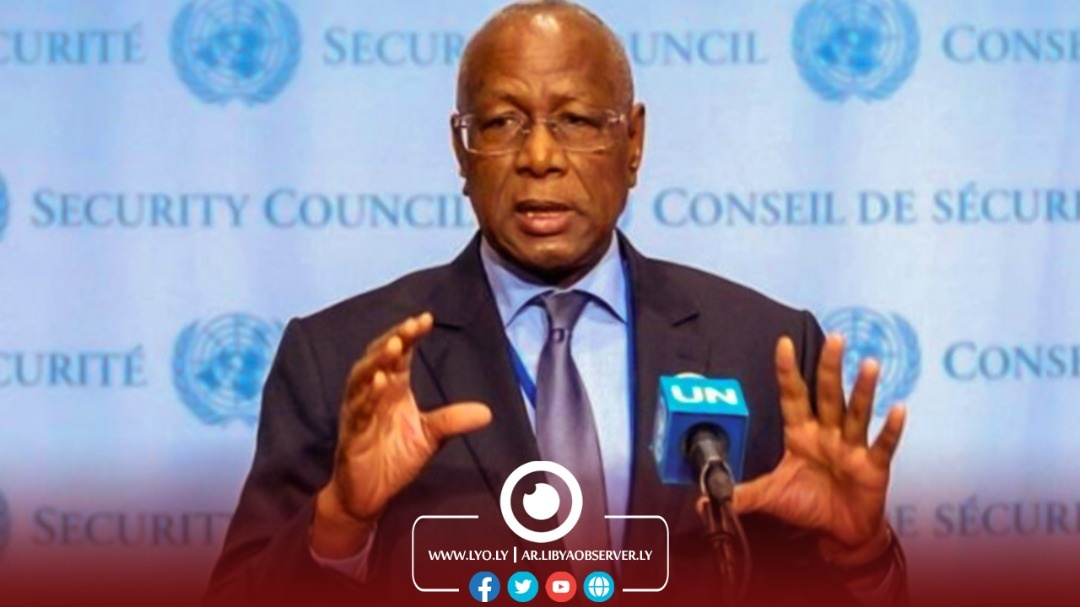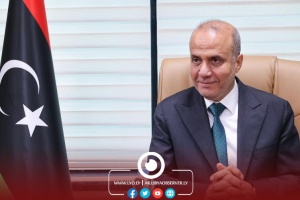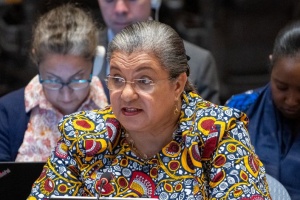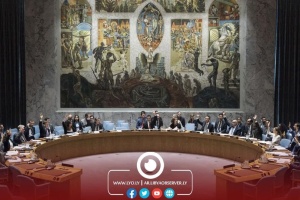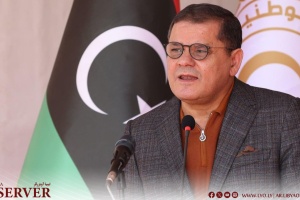The United Nations envoy to Libya Abdoulaye Bathily said in his briefing at the Security Council on Monday that election laws alone cannot and will not make elections happen, adding that they need to be supported by the buy-in of a wide range of stakeholders, including the major institutional players, but also military and security actors, political parties and candidates, community leaders, civil society organisations, women and youth groups, media professionals and other constituencies.
Bathily called on all stakeholders, including major leaders, to meet and agree on a binding political settlement towards a peaceful electoral process, the backbone of which will be a unified government to lead Libya to elections, adding that UNSMIL "stands ready to facilitate this process."
He also reiterated his call on all international partners of Libya to support this electoral process as the only way to provide the country with legitimate institutions and a future of peace, unity, stability, and prosperity.
"This outcome is long awaited by Libyan citizens who wish to close the chapter of conflict and risks of disintegration of their country. The ongoing crises in Sudan, the Sahel and the region and their potential spillover effects on Libya constitute serious threats that must not be taken lightly." Bathily added.
He said that UNSMIL commended the efforts of the 6+6 Joint Committee and welcomed the progress that was reached regarding the passing of the electoral laws, adding that the new electoral laws call for observations that included the fact that from a technical perspective, the revised laws are an improvement to the previous draft laws as several concerns identified by High National Elections Commission (HNEC) and UNSMIL have been addressed.
"These include, among others, voting eligibility for members of the military, clarity on the sequencing of elections, clarity on the Senate and the HoR seat distribution, and clarity on electoral dispute resolution mechanism." Bathily said, adding that from a political perspective, the most politically contentious issues highlighted in my June and August briefings remain unresolved.
"The deletion of articles allowing holders of administrative numbers to register and vote –which were included in the June version of the draft electoral laws– may pose additional challenges to the implementation of elections in the South of the country and limits the inclusivity of the elections. Regrettably, gender provisions for the Senate elections also remained unchanged, with only 6 seats (6.6 %) allocated to women out of 90 seats." Bathily explained.
He said the electoral laws provide that the elections have to take place within 240 days from their entry into force. However, HNEC informed UNSMIL that the implementation of the electoral laws will only begin once the issue of the “new government” is resolved, in line with Article 86 on the law on the presidential election and Article 90 of the National Assembly law.
"There are disagreements between the HoR and the High State Council (HCS) over the electoral laws. The HCS disputes the amendments made to the HoR-adopted electoral laws and insists that the Bouznika version prevails. The rejection of the amendments made by the 6+6 after Bouznika by the HCS constitutes a political option that risks jeopardising the hard-won gains of the two Chambers and the compromise they have achieved." Bathily added.
He indicated that the Derna flood disaster has revealed severe governance deficits through several issues, such as the lack of maintenance of the dam systems, the management of resources as well as the lack of an effective mechanism for disaster management and prevention.
"On the top of these issues, the absence of a unified political decision making at the national level made matters more challenging. Had these governance issues been resolved at the national level, they would have mitigated the impact of the tragedy." Bathily told the Security Council.

